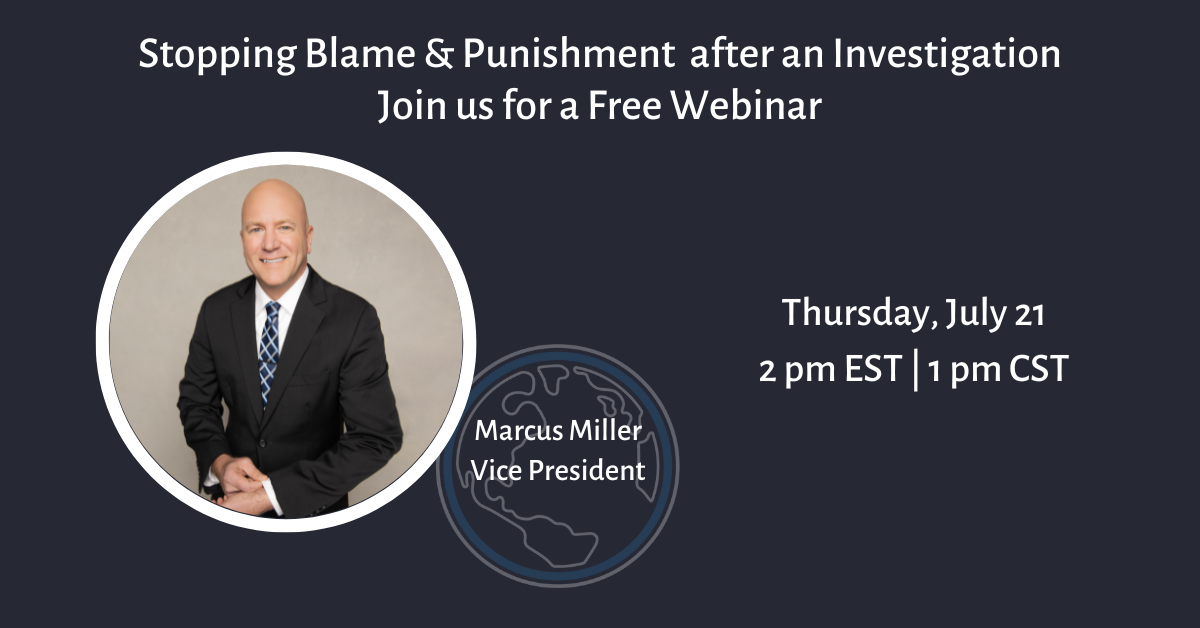Whose Fault Is It?

Humans are wired to blame others when things go wrong. There’s a reason we search for someone at fault. In psychology, it’s called fundamental attribution bias. We believe people are what they do, and we don’t think about or look for other factors influencing their actions we may not know about.
“He’s lazy!”
“She’s always distracted!”
“They don’t care about their jobs!”
Assumptions like these contribute to poor work culture. We focus on the worker making the errors and don’t look for other problems that may have existed outside the worker’s control. Blame and punishment become the go-to corrective actions and the other issues don’t get fixed, placing the next person who does the job in a possibly hazardous situation.
Investigating incidents, quality upsets, and equipment failures are part of any improvement program. However, all investigation systems are not created equal. Many systems lead to fault-oriented corrective actions, which seem to target the individual and basically tell them to “do better next time.”
Weak leaders ask “Who’s at fault?” but strong leaders use a systems approach and ask, “Where did the process break down?”
Join our webinar for an in-depth discussion on how a true human performance-based investigation system can guide your investigators to impartial root causes, allowing your corrective actions to target system improvements instead of the workers.
When? July 21, 2022
What time? 2 – 3 pm EST



